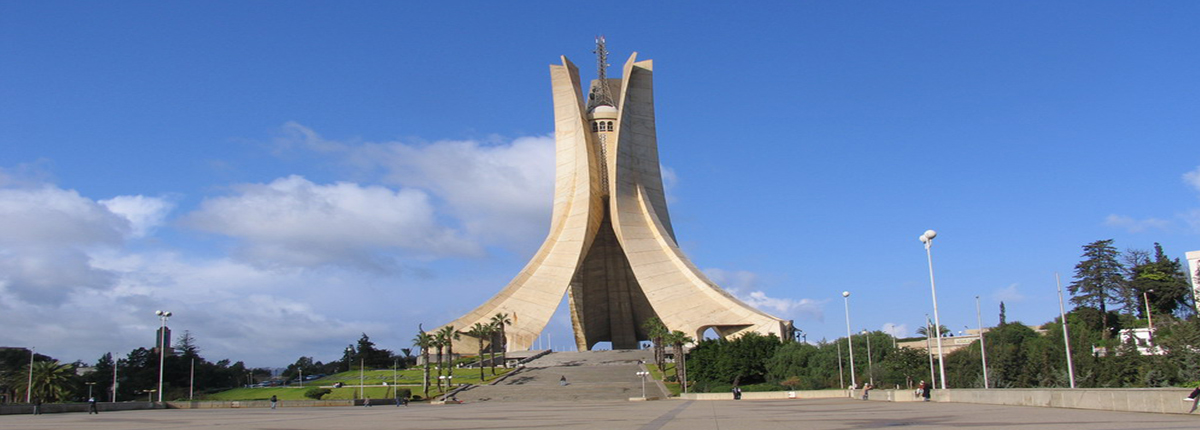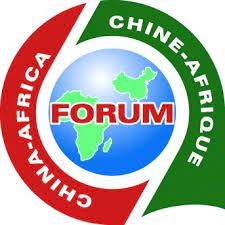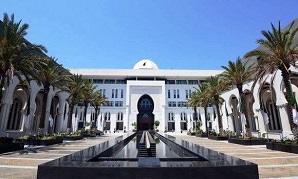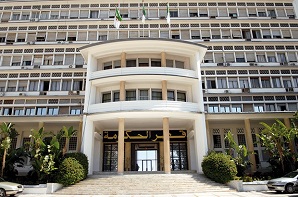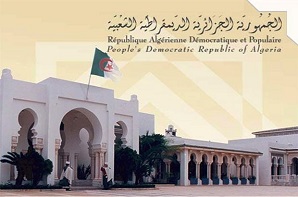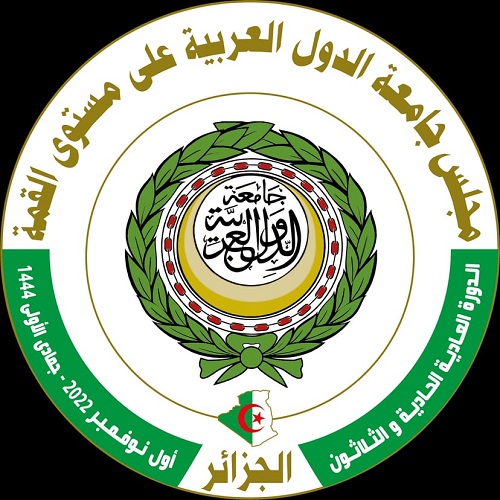NEWSmore
1962-2022: Local industry, real driving force of national development
ALGIERS- The development of the industrial sector has been, since the first years of independence, one of the State’s main priorities, through the building of a production base extended to the national territory likely to enable the country to be on the road to development and meet the citizens’ needs.
Since the recovery of national sovereignty, the public authorities have placed the national industry at the heart of their priorities, by launching important investment projects to endow the country with big industrial complexes likely to contribute to the country’s socio-economic development and deal with needs expressed by the different business sectors and the population.
The development of this sector constitutes a huge challenge to take up at levels (financial, human, organizational and technological) because of the damage caused by the occupation during 132 years, as well as dispossession and exploitation of the country’s natural resources by French colonialism.
Hence, a bold policy was adopted in terms of investments, training and establishment of partnerships with friendly countries.
These efforts, backed by the nationalization of mines, finances and banks in 1966 and the hydrocarbons in 1971, enabled Algeria to build big companies in steel, mechanical engineering, electrical and electronic industries, as well as in textile and leatherwork, food-processing industry, petrochemistry, plastic and pharmacy, construction materials and in other fields.
Under the concept “The industrialized industry” of late President Houari Boumediene, strategic partnerships were concluded with global firms in order to build integrated industrial facilities.
This strategy, backed by significant public investments, allowed Algeria to fully embark on a full-scale industrialization process and to set up activity clusters nationwide.
In this regard, companies directly linked to the extraction of raw materials (mines and hydrocarbons) have been created.
These companies managed, within a few years, to emerge and remain, until now, a national source of pride and symbols of “Made in Algeria.”
We can cite, amongst others, petrochemistry and oil refining complexes of Arzew and Skikda, the steel complex of El Hadjar, the National Mechanical Construction Company (SONACOME), the National Company of Appliance Industries (ENIEM), the National Company of Agricultural Equipment and the National Electronics Company of Sidi Bel Abbes.
Facilities for metallurgical industries, textile and leather, food-processing industries, tobacco, construction materials have been established, giving the country the possibility of dealing with the national needs, creating thousands of jobs and contributing to the country’s development.
Emergence of private industrial sector
Despite the sudden opening of the national economy, in the beginning of the 1990s as part of the structural adjustment program of the International Monetary Fund (IMF), which weakened the national industry, the State was able to preserve the public industrial sector, by maintaining 12 groups considered as essential in their fields and remain to date in activity.
At the same time, industry support organizations were also created in the past few years to support and protect the industrial protection tool, like the National Agency of Intermediation and Land Regulation (ANIREF), the Subtracting and partnership Stock Exchange, the SMEs Credit Guarantee Fund, SMEs Development Agency as well as the Algerian Investment Promotion Agency.
The restructuring of the national industrial sector continued through the development of startups, the technological innovation and the promotion of new industries related to ICTs, as well as the naval construction and the military industry.
The latter has an increasingly important place in the sector with a very high integration rate and quality products.
The industrial policy conducted under the leadership of president of the Republic Abdelmadjid Tebboune for this sector culminated in the past few months in the relaunch of 1000 frozen investment projects.
It is important to note that the set objective is to increase the contribution of the GDP by 15% in the next few years.
